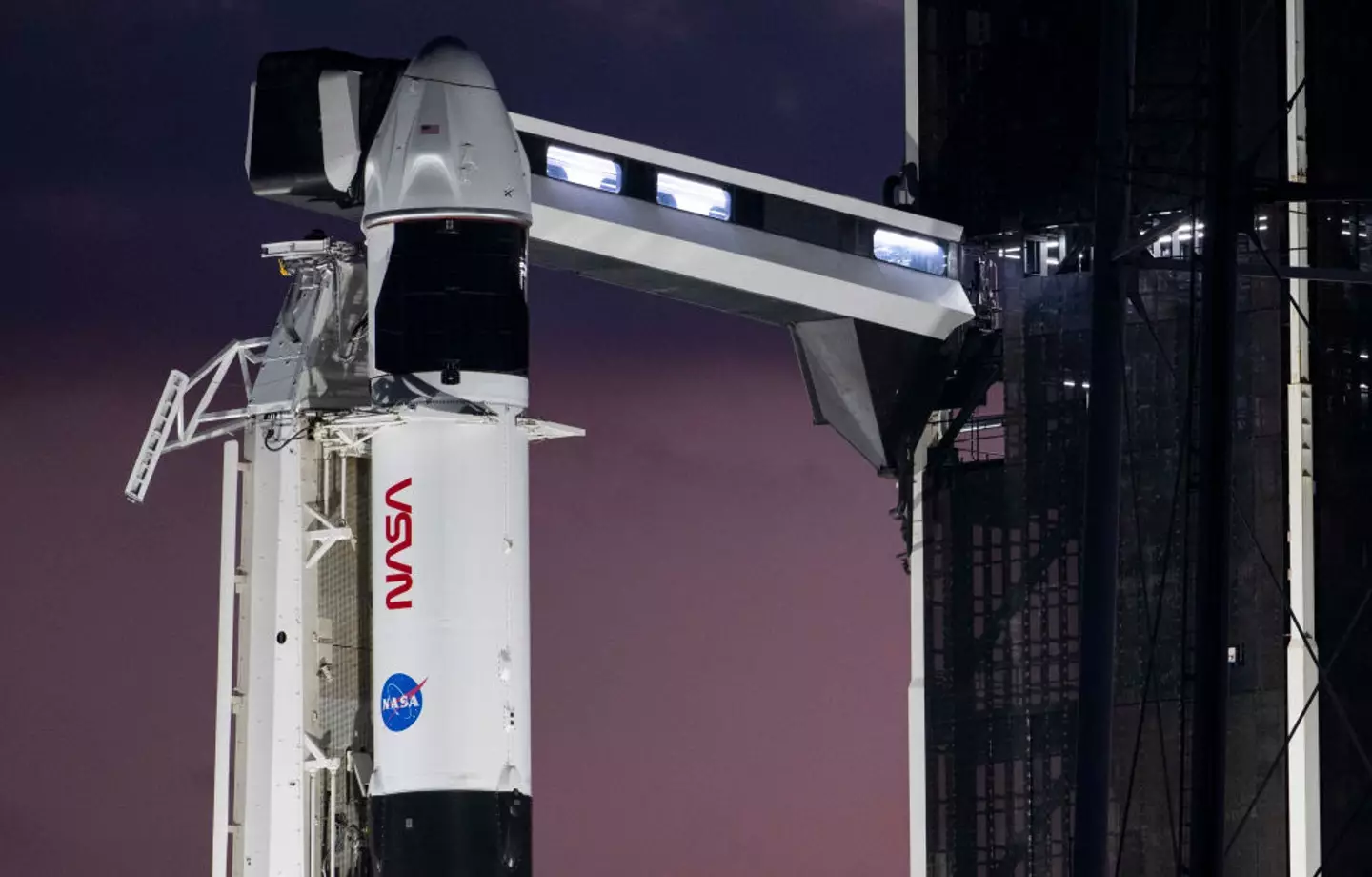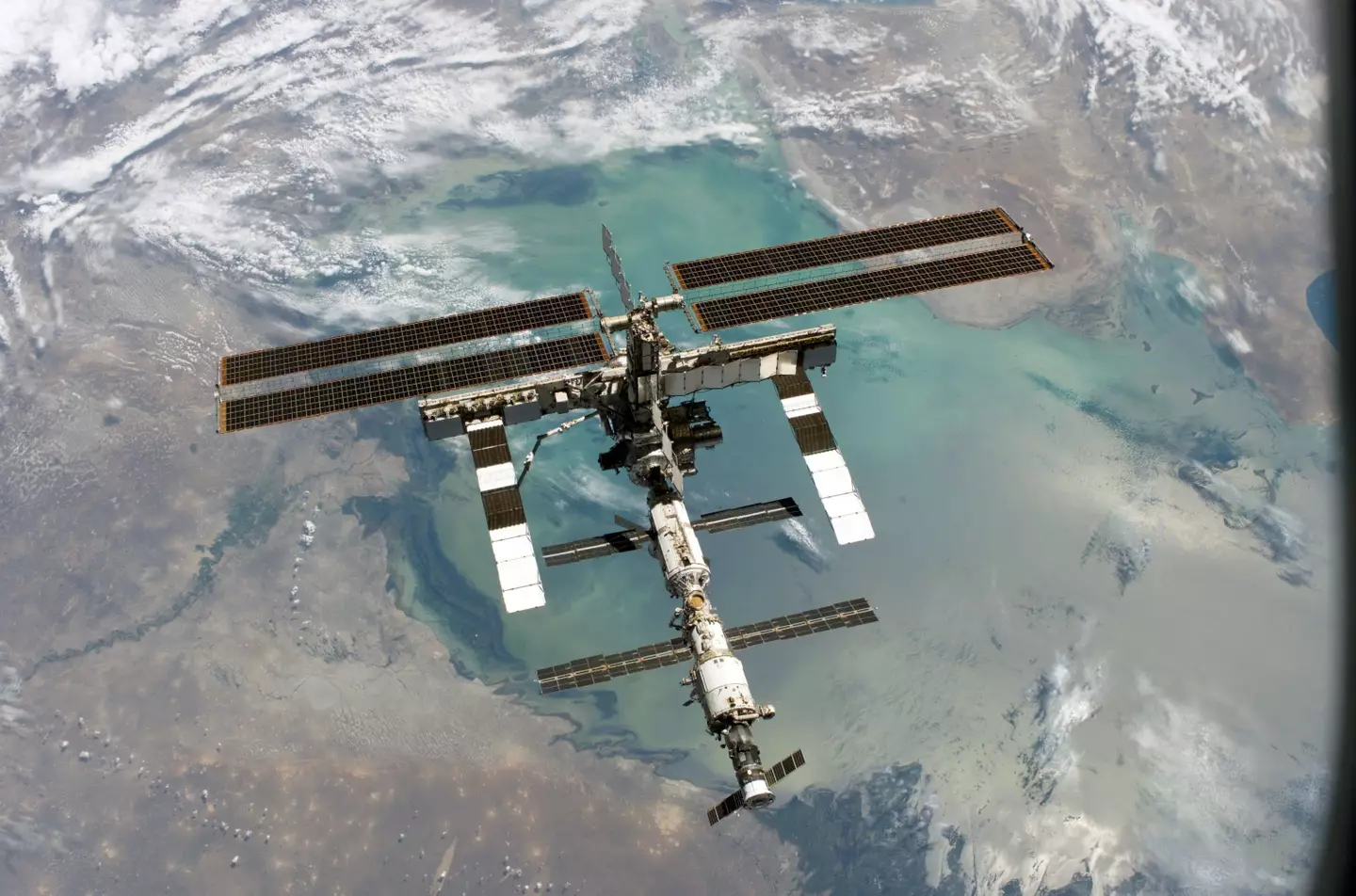NASA has explained exactly how Elon Musk is set to help destroy the International Space Station.
The multi-billionaire's SpaceX company has been awarded a $843,000,000 contract to help de-orbit the research platform, which is set to end operations in 2030.
Orbiting about 250 miles above the Earth, the ISS has enabled scientists to conduct ground-breaking experiments in microgravity.
This data will help to determine whether space colonization and lengthy human spaceflight are feasible.
The ISS is the largest single structure humans have ever put into space, so destroying it is no easy feat.

Elon Musk's SpaceX is helping to destroy the ISS (Michael Gonzalez/Getty Images)
Much of the ISS is expected to melt as it re-enters Earth's atmosphere, while the hardware that survives will crash into the ocean - in a controlled manner, that is.
Musk will be providing a more powerful version of SpaceX's Dragon spacecraft to help nudge the ISS back towards Earth.
The vehicle will have six times the propellant and four times the thruster power of a standard Dragon.
How will the ISS be destroyed?
NASA explained exactly how the ISS' de-orbit will unfold.
First comes the 'natural orbital decay' - where the station's altitude is lowered using electrical power called electric propulsion.
SpaceX's spacecraft will latch on to the ISS and use its thrusters to propel the space station towards Earth.
The Earth's natural atmospheric drag will also be used 'as much as possible' to help line it up for a re-entry maneuver.

A modified SpaceX Dragon will help de-orbit the ISS (Joel Kowsky/NASA via Getty Images)
This will ensure the ISS is on target as it falls back to Earth.
NASA said once all crew have safely returned to Earth, and the final 'small maneuvers' have been performed, space station operators will command 'a large re-entry burn,' providing the final push 'to ensure safe atmospheric entry into the target footprint.'
What will happen when the ISS de-orbits?
NASA engineers expect the ISS to break up in three parts: solar array and radiator separation first, followed by breakup and separation of intact modules and the truss segment - the 'backbone' of the station.
Finally, individual modules will fragment and the truss will lose its structural integrity.

The International Space Station will be destroyed in 2030 (NASA via Getty Images)
NASA explained: "As the debris continues to re-enter the atmosphere, the external skin of the modules is expected to melt away and expose internal hardware to rapid heating and melting.
"Most station hardware is expected to burn up or vaporize during the intense heating associated with atmospheric re-entry, whereas some denser or heat-resistant components like truss sections are expected to survive re-entry and splash down within an uninhabited region of the ocean."
The space agency has not yet confirmed where the ISS' remains are expected to land.
Featured Image Credit: Paul Hennessy/SOPA Images/LightRocket via Getty Images/Paolo Nespoli - ESA/NASA via Getty Images






/cdn.vox-cdn.com/uploads/chorus_asset/file/25795858/Squidgame_Unit_205_N080607.jpg)












 English (US) ·
English (US) ·